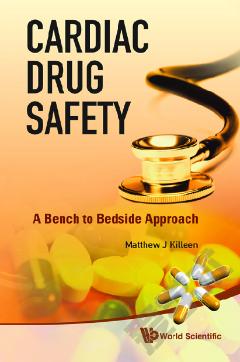Cardiac Wellness: How to Sustain the Lifestyle Changes you Need for a Healthy Heart
Protein is necessary during the development of all new cells. During pregnancy, a females need for protein increases significantly. This book reviews the biochemistry, physiology and clinical usefulness of placental proteins, specifically from the point of view of their ability to discriminate women at risk of preeclampsia. The relationship between protein consumption and the first phases of human embryo implantation are also studied. An analysis of the levels of plasma pregnancy-associated glycoprotein-1 (PAG-1) as a marker of fetal well-being is examined in this book, as well as a discussion of gestational trophoblastic disease (GTD) which encompasses a number of rare related tumours, and remains one of the most curable of all human cancers.
{{comment.content}}








 京公网安备 11010802027623号
京公网安备 11010802027623号